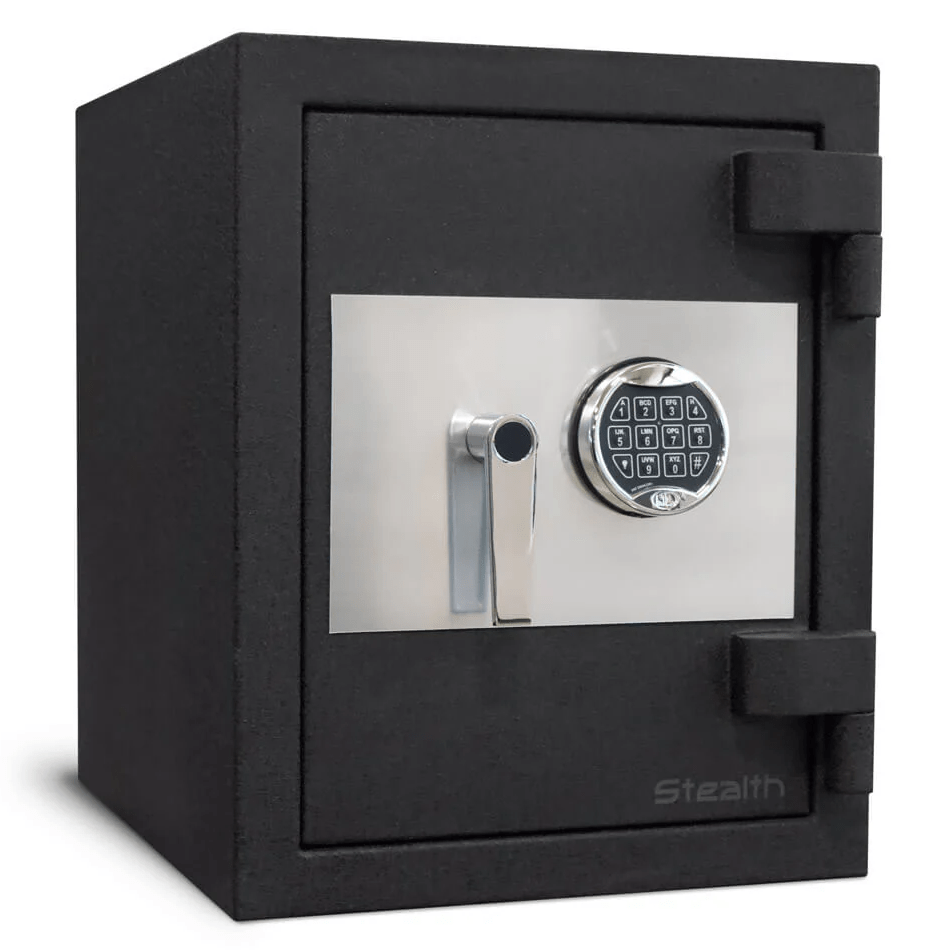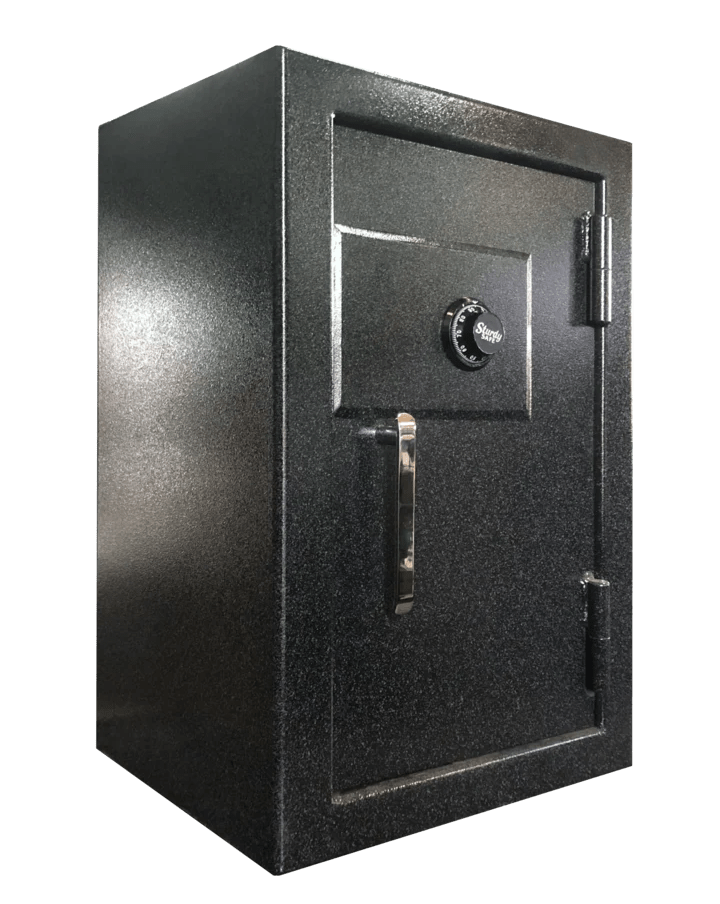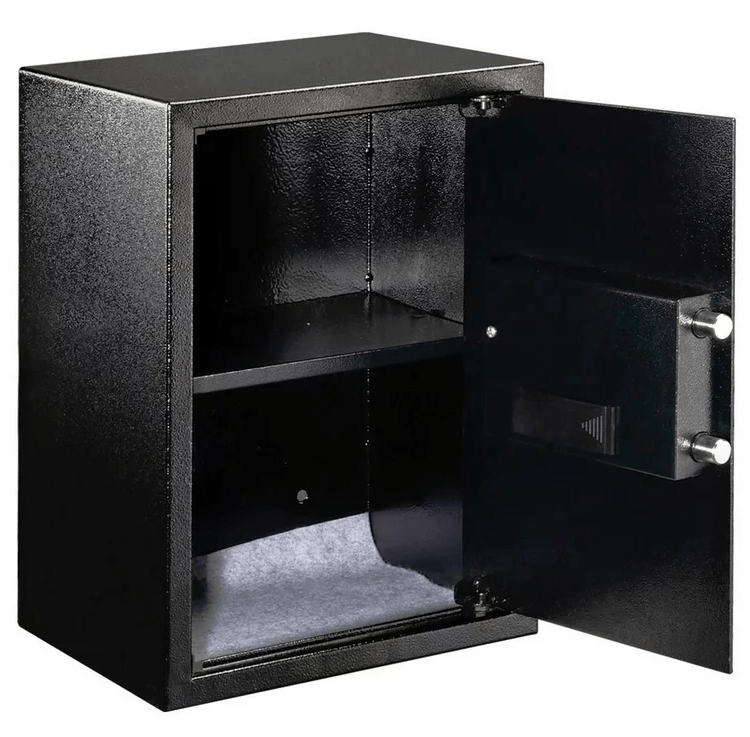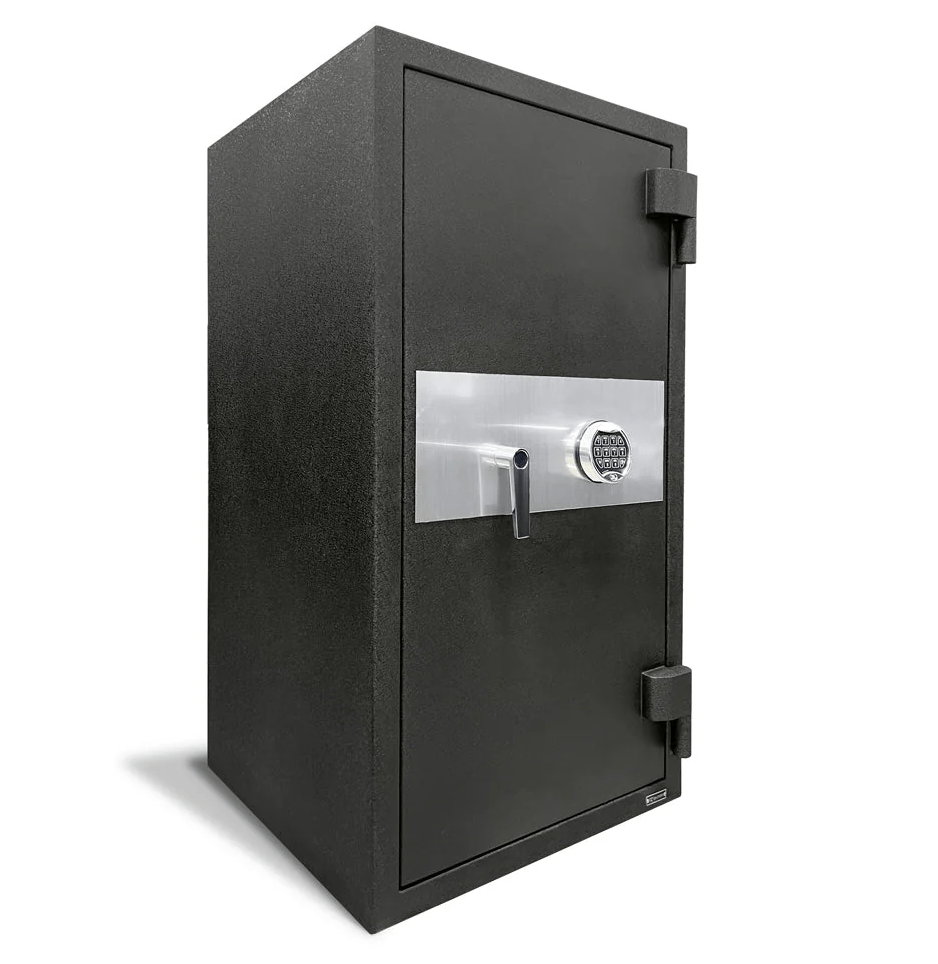In an era where security is paramount, safe construction has evolved significantly to meet the growing demands for enhanced protection. The advancement in materials technology has paved the way for developing high-quality safes that offer superior durability and security. This article delves into the advanced materials used in custom safe box construction, exploring their types, benefits, and the industries that utilize them.
Industry Insight
The safe manufacturing industry has witnessed substantial growth over the past few decades. With increasing concerns about theft, fire, and other security threats, the demand for robust and reliable safes has surged. Manufacturers continually seek innovative materials and technologies to enhance safes’ performance and security features. This has led to the incorporating of advanced materials such as reinforced steel, composite materials, and engineered wood products in safe construction.
Types of Materials Used for Safe Construction
Reinforced Steel
Reinforced steel is one of the most common materials used in safe construction due to its high strength and durability. It is designed to withstand significant physical force and protects against drilling, cutting, and prying. The steel is often treated with additional coatings to enhance its resistance to corrosion and environmental factors.

High-Performance Concrete
High-performance concrete (HPC) is another advanced material used in safe construction. HPC offers exceptional strength and durability, making it ideal for safes that need to withstand extreme physical attacks. This material is also fire-resistant, providing additional protection for the safe’s contents.
Fiber-Reinforced Polymers
Fiber-reinforced polymers (FRPs) are composite materials that combine fibers (such as glass or carbon) with a polymer matrix. FRPs are known for their high strength-to-weight ratio, making them suitable for safe construction. They provide excellent resistance to impact, abrasion, and corrosion, enhancing the overall security and longevity of the safe.
Engineered Wood Products
Engineered wood products, such as laminated veneer lumber (LVL) and cross-laminated timber (CLT), are used to construct furniture and luxury safes. These materials offer high strength and stability while providing an aesthetically pleasing finish. They are often used with other materials like steel and composite panels to enhance security.
Composite Panels
Composite panels are made by combining different materials to achieve superior properties. These panels often consist of layers of metal, ceramic, and polymers, providing a lightweight yet highly secure structure. Composite panels are used in safes to offer enhanced protection against drilling, cutting, and high-temperature attacks.
Boron Carbide
Boron carbide is one of the hardest materials available and is used in high-security safes. It is particularly effective against drilling and cutting attacks. Boron carbide can be integrated into the safe’s structure to enhance its resistance to mechanical assaults.
Ceramic Armor
Ceramic armor is used in safes designed for high-security applications. It provides excellent resistance to ballistic and mechanical attacks. Ceramic armor is lightweight yet incredibly strong, making it ideal for enhancing a safe’s security features.
Stainless Steel
Stainless steel is used for its corrosion resistance and durability. It is often employed in the construction of safes that are exposed to harsh environmental conditions. Stainless steel safes provide long-lasting protection against physical attacks and ecological damage.
Aluminum Alloys
Aluminum alloys are used in the construction of lightweight safes. These materials offer a good balance between strength and weight, making them suitable for safes that need to be portable yet secure. Aluminum alloys are also corrosion resistant, enhancing the safe’s longevity.

Benefits and Importance
Enhanced Security
The use of advanced materials significantly enhances safes’ security features. Materials like reinforced steel, composite panels, and ceramic armor provide robust protection against physical attacks, ensuring the safe’s contents remain secure.
Durability
Advanced materials are chosen for their durability and ability to withstand harsh conditions. Safes constructed with these materials are less likely to suffer from wear and tear, ensuring long-term protection for valuable items.
Fire Resistance
Materials such as high-performance concrete and fiber-reinforced polymers offer excellent fire resistance. This protects sensitive documents, electronics, and other valuable items from fire damage.
Lightweight and Portable
Using materials like aluminum alloys and fiber-reinforced polymers allows for the construction of lightweight safes without compromising security. This is beneficial for applications where portability is important.
Aesthetic Appeal
Engineered wood products and high-quality finishes provide an aesthetically pleasing look, making these safes suitable for luxury settings. This is particularly important for high-end residential and commercial applications where appearance matters.
Industries Utilizing Advanced Materials
Several industries make extensive use of safes constructed from advanced materials. The percentages reflect their reliance on these high-security products:
Banking and Finance (30%): Safes protect cash, documents, and other valuable assets.
Retail (20%): Retailers use safes to secure cash, jewelry, and other high-value items.
Jewelry Stores (15%): High-security safes protect inventory from theft.
Healthcare (10%): Safes secure medications, sensitive documents, and medical records.
Government (10%): Government agencies use safes to protect classified information and valuable assets.
Residential (15%): Homeowners use safes to secure personal valuables, documents, and firearms.

Countries Manufacturing Advanced Safes
Several countries are renowned for manufacturing high-quality safes using advanced materials. These countries have established strong industries around the production of secure storage solutions:
United States: Known for innovation in security technology and advanced materials.
Germany: Renowned for high-quality engineering and manufacturing standards.
Japan: Known for integrating advanced technology and materials in safe construction.
Italy: Famous for combining craftsmanship with advanced materials, particularly in luxury safes.
United Arab Emirates: Emerging as a key player in the manufacturing and distributing of high-security safes.
Market Trend
The global market for safes is experiencing steady growth, driven by increasing security concerns and advancements in materials technology. The demand for high-security safes, particularly those made from advanced materials, is rising. Key trends include:
Smart Safes
Smart safes equipped with digital locking mechanisms, biometric scanners, and connectivity features are becoming increasingly popular. These safes offer enhanced security and convenience, allowing users to remotely control and monitor their safes.
Eco-Friendly Materials
There is a growing trend towards using eco-friendly and sustainable materials in safe manufacturing. This includes using recycled steel and other environmentally friendly materials, catering to the demand for sustainable products.
Customization
Consumers are seeking more personalized and aesthetically pleasing safes. Manufacturers are responding by offering custom safe boxes that match the interior décor of homes and offices.
Increased Demand for Fireproof Safes
With growing awareness of the risks posed by fires, there has been a surge in demand for fireproof safes. Consumers increasingly seek safes to protect valuable documents and electronic media from fire damage.
Recent Insights (in UAE)
The demand for high-quality safes is rising in the UAE, driven by a growing economy and increasing security awareness. The UAE market is characterized by a preference for luxury and high-security safes, particularly those made from advanced materials. Companies like Argus Security are at the forefront, offering custom safe boxes that combine advanced materials with exquisite craftsmanship.
According to recent reports, the UAE has seen a significant increase in the import and sales of high-security safes, with a growing number of businesses and residential customers investing in these products. The focus is on safes that offer a combination of burglary and fire resistance and those integrated with smart technology for enhanced security.
Prices in AED
The prices of safes in the UAE vary widely depending on the size, features, and materials used. Here is a general overview of the price range for different types of safes in AED:
Basic Home Safe: AED 500 to AED 2,000
Fireproof Safe: AED 2,000 to AED 8,000
High-Security Burglary Safe (e.g., UL TL-15): AED 8,000 to AED 20,000
Luxury Safe: AED 20,000 and above
Custom Safe Box: Prices for custom safes can vary significantly based on the level of customization and materials used, often starting from AED 30,000 and going upwards.
Conclusion
The construction of high-quality safes has evolved significantly, incorporating advanced materials such as reinforced steel, high-performance concrete, and fiber-reinforced polymers. These materials enhance the durability and security of safes, providing robust protection against physical attacks, fire, and environmental factors. Banking, retail, healthcare, and residential industries rely on these advanced safes to protect their valuable assets.
The global safe market is experiencing steady growth, driven by advancements in materials technology and increasing security concerns. The UAE’s growing demand for high-security and luxury safes focuses on customization and smart technology integration. As the market continues to evolve, manufacturers are expected to innovate further, offering more advanced and secure storage solutions to meet consumers’ diverse needs.

I am inspired daily by my husband and their two daughters. In my free time, I like to go hiking, crochet and play video games with my grandson.
